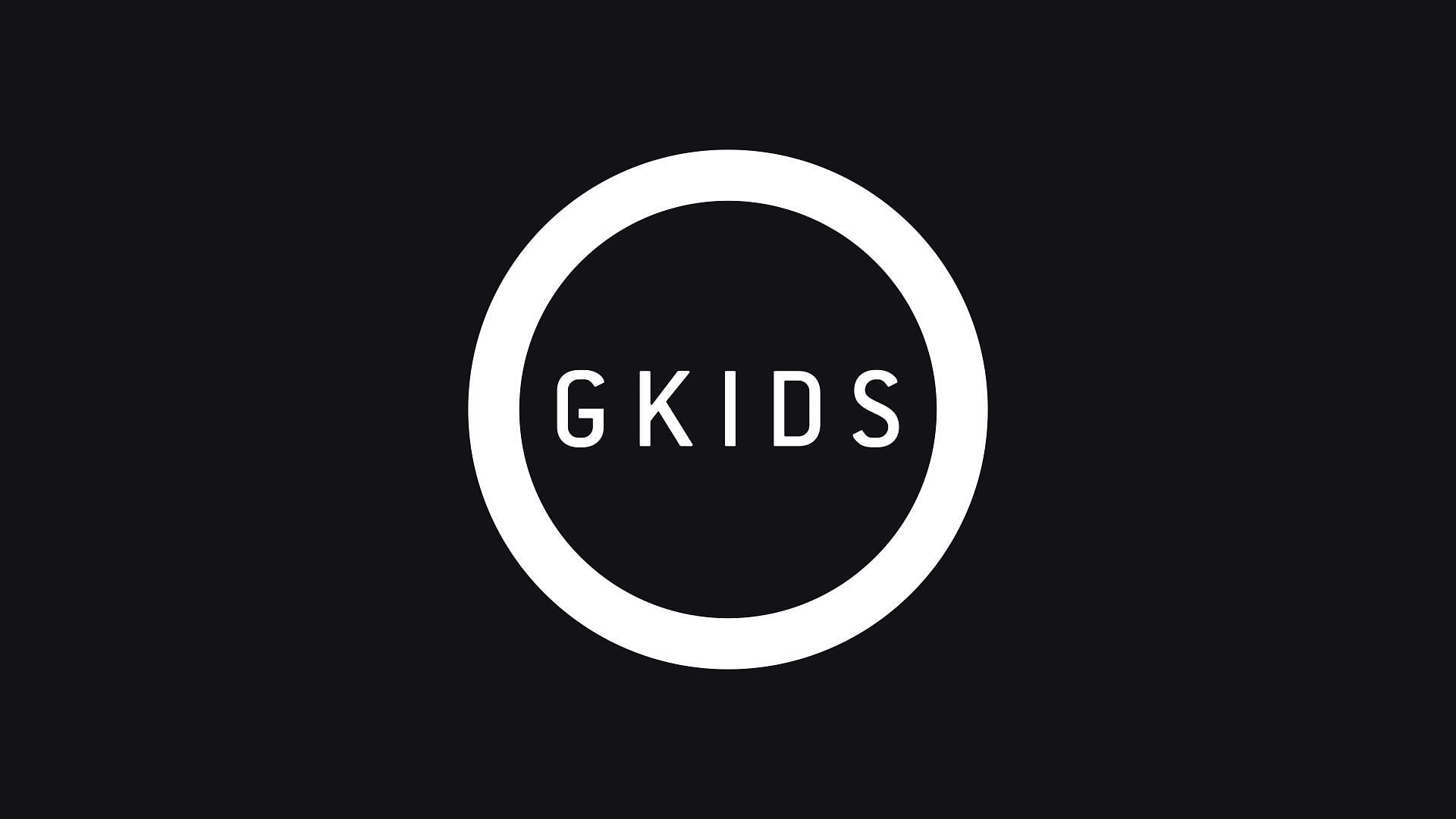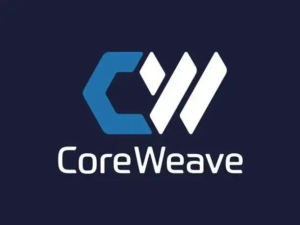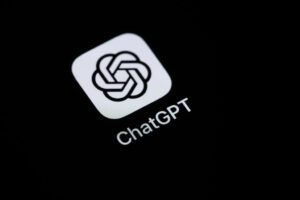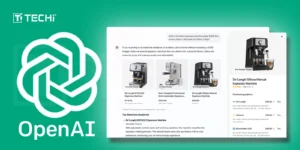GKIDS Addresses OpenAI Ghibli Trend Amid Ongoing Legal Actions

Emergence of the OpenAI Ghibli Trend
In recent days, the OpenAI Ghibli trend has gained traction across various online platforms, sparking a wide range of reactions. One notable response in light of this trend came from GKIDS, an organization that collaborates closely with Studio Ghibli to distribute its films internationally. Chance Huskey, the vice president of distribution at GKIDS, shared some insights while discussing the recent success of the 4K restoration of the beloved film Princess Mononoke.
GKIDS Responds to the Trend
On March 26, 2025, during a press discussion surrounding the 4K release, Huskey made a pointed comment that resonates with the ongoing debates regarding technology and art. Although he did not directly refer to the OpenAI Ghibli trend, his words seemed to address it. He stated:
“In a time when technology tries to replicate humanity, we are thrilled that audiences value a theatrical experience that respects and celebrates Hayao Miyazaki and Studio Ghibli’s masterpiece in all its cinematic hand-drawn glory.”
Huskey’s remarks underline a growing concern about AI technology’s ability to mimic human creativity, suggesting that audiences still prefer authentic, human-made artistry over AI-generated counterparts.
The Controversy Surrounding AI Art
The OpenAI Ghibli trend raises fundamental questions about the nature of art today. Central to this controversy is whether AI-generated artworks can genuinely replace human expression. Critics argue that AI lacks the emotional depth and context of human-generated art. They believe that despite advancements in technology, the essence of human creativity cannot be replicated. This standpoint has significantly shaped the conversations around the implications of AI in artistic fields.
Legal Challenges for OpenAI
Huskey’s comments come at a time when OpenAI is facing legal hurdles. Following his statements, a U.S. district judge permitted The New York Times and several other news organizations to move forward with a copyright lawsuit against OpenAI and its partner, Microsoft. The lawsuit seeks to restrict both companies from using content from these newspapers to train AI models like ChatGPT.
The ruling allowed the plaintiffs to proceed with their case, but some claims were dismissed. After this decision, OpenAI issued a statement expressing relief over the dismissal, asserting that it builds its AI models using publicly available information in a manner they believe falls within fair use guidelines.
Studio Ghibli’s Legacy
Studio Ghibli, co-founded by renowned animator Hayao Miyazaki, is celebrated for its influential contributions to the anime film industry. The studio is known for producing iconic films such as:
- Nausicaä of the Valley of the Wind
- Castle in the Sky
- My Neighbor Totoro
- Spirited Away
- Princess Mononoke
Each of these films showcases the unique artistic style and storytelling prowess that distinguish Ghibli’s work from others, reinforcing the argument for the value of human artistry in contrast to AI-generated works.
Implications for the Future
The discussion around the OpenAI Ghibli trend not only highlights the evolving landscape of art and technology but also emphasizes the significance of preserving human creativity in a world increasingly influenced by artificial intelligence. As technology continues to advance, its impact on the artistic community and how society values creativity will remain a critical topic for debate.
Through dialogues such as the one sparked by Chance Huskey’s comments, there is an opportunity to reflect on the essence of art amidst the rise of technology. This ongoing exploration will likely shape the future relationship between human creators and AI in the coming years.






